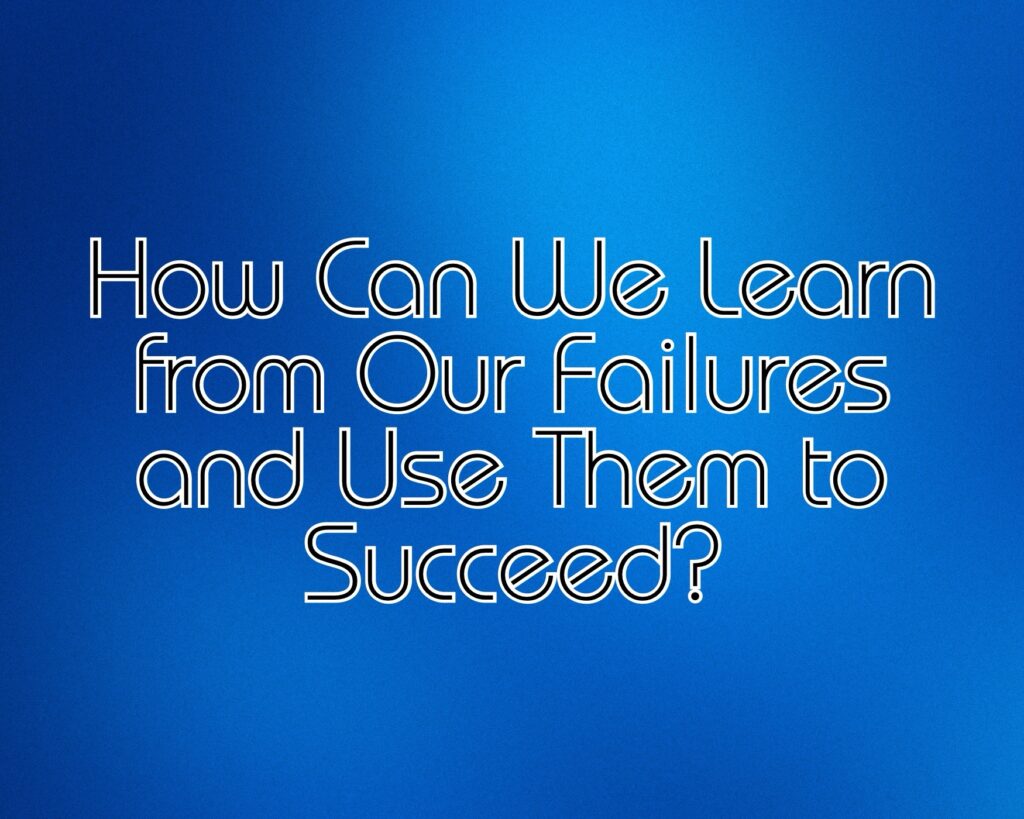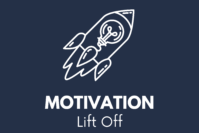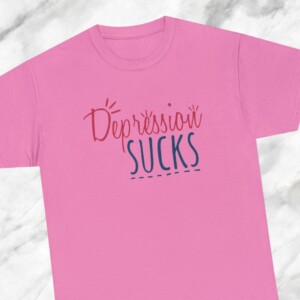What Does It Really Mean to Fail?
We’ve all been there – a project that doesn’t pan out, a goal that seems just out of reach, a venture that ends not in triumph but in lessons learned. In these moments, it can feel like we’ve hit a wall. But what if we reframe these experiences? What if we see these not as dead ends, but as integral parts of our journey?

The truth is, failure is not the opposite of success; it’s a part of it. Every misstep, every setback carries with it the seeds of learning and growth – if we’re willing to look for them. Think of some of the most successful people you know or have heard of. More often than not, their paths to achievement were paved with failures, each one a lesson that guided them to where they are now.
In this article, we’re going to explore what it means to fail and, more importantly, how to turn those experiences into stepping stones towards success. We’re going to talk about the real stuff – the disappointments, the hard lessons, and the resilience needed to keep moving forward. Because to truly succeed, we must first learn how to fail.
How Can We Redefine Failure in Our Lives?
In a world that often celebrates only the end results, failure tends to get a bad rap. But what if we shift our perspective and start seeing failure not as a symbol of defeat, but as an essential part of learning and growth?
Embracing Failure as a Learning Tool Rather than viewing failure as a final verdict on our abilities, we can treat it as valuable feedback. Each failed attempt is a lesson in what doesn’t work, guiding us to refine our strategies and approaches. Just as scientists learn through experiments, some of which don’t yield the expected results, we too can learn from every endeavor, successful or not.
The Role of Failure in Innovation History is full of examples where failure was a precursor to groundbreaking innovations. Many successful inventors and entrepreneurs had numerous failed attempts before achieving their breakthroughs. Their persistence in the face of failure was key to their eventual success.
Cultural Shift in Viewing Failure Some cultures and industries are already leading the way in reframing failure. In the tech world, for instance, a ‘fail fast, fail often’ philosophy is often embraced, where quick failures are seen as a fast track to finding solutions that work.
Personal Stories of Resilience Consider your own experiences or those of people around you. Think about a time when something didn’t go as planned. What was learned from that experience? How did it contribute to a better outcome later on? These personal stories can be powerful reminders of the positive role that failure can play in our lives.

Why is Our Reaction to Failure So Important?
How we react to failure can significantly influence our future success. Our mindset in the face of setbacks determines whether we get stuck or use the experience to propel us forward.
Understanding the Growth Mindset
- A growth mindset, a concept developed by psychologist Carol Dweck, is the belief that our abilities and intelligence can be developed through dedication and hard work. This perspective encourages seeing failure as a natural part of the learning process.
- In contrast, a fixed mindset leads to avoiding challenges for fear of failure, which ultimately hampers personal and professional growth.
Overcoming the Fear of Failure
- Fear of failure can be paralyzing, but recognizing it as a normal part of the human experience is crucial. It’s not the absence of fear but the courage to persist in the face of it that leads to success.
- Techniques like positive self-talk, setting realistic goals, and learning from past failures can help in managing this fear.
Resilience: Bouncing Back Stronger
- Resilience is the ability to recover quickly from difficulties. Cultivating resilience involves developing emotional strength, seeking support when needed, and maintaining a positive outlook.
- Reflect on past experiences where resilience led to unexpected opportunities or learnings. These instances can be a source of encouragement and a guide for future challenges.
The Role of Support Systems
- Having a supportive environment, whether it’s friends, family, mentors, or professional networks, can provide the encouragement and perspective needed to persevere through tough times.

Who Has Turned Their Failures Into Success?
The journey from failure to success is well-trodden, marked by countless stories of individuals and businesses who have transformed their setbacks into victories. By examining these examples, we can glean valuable lessons and inspiration.
Famous Failures Who Bounced Back
- Walt Disney: Before creating his entertainment empire, Disney faced several rejections and even a bankruptcy. His persistence and creativity eventually led to the creation of a globally recognized brand.
- J.K. Rowling: The author of the Harry Potter series, Rowling faced numerous rejections before finally getting published. Her perseverance turned a story written in a cafe into a worldwide phenomenon.
Businesses That Turned Around
- Apple: In the late 1990s, Apple was struggling. The return of Steve Jobs and a renewed focus on innovation led to the launch of groundbreaking products like the iPod and iPhone, reviving the company’s fortunes.
- Airbnb: During its early days, Airbnb faced numerous challenges and rejections. The founders’ determination to iterate and adapt their business model eventually paid off, turning it into the giant it is today.
What Can We Learn from These Stories?
- Persistence: The common thread in these stories is the refusal to give up. Persistence in the face of adversity is often what separates success from failure.
- Adaptability: Learning from failures and being willing to adapt one’s approach or ideas is crucial for eventual success.
- Vision: Maintaining a clear vision, even when things don’t go as planned, can guide you through difficult times.

How Can We Learn from Our Failures and Use Them to Succeed?
Transforming failure into success isn’t just about resilience; it’s also about employing practical strategies to extract valuable lessons from our setbacks. Here are some steps to help you fail forward:
1. Analyze the Failure Objectively:
- Take a step back and assess what went wrong. Was it due to factors within your control or external circumstances?
- Identifying the root cause of the failure is crucial to prevent repeating the same mistakes.
2. Extract Key Learnings:
- Ask yourself what this experience has taught you. Are there new skills you need to develop? Or perhaps a different approach is required?
- Documenting these learnings can be helpful for future reference.
3. Develop an Action Plan:
- Based on your analysis, create an action plan to move forward. This could involve setting new goals, seeking mentorship, or acquiring additional knowledge or skills.
- Be specific in your plan. Set achievable milestones and timelines.
4. Maintain a Positive Mindset:
- Stay optimistic and open-minded. Remember, failure is a part of the growth process.
- Surround yourself with positive influences and sources of motivation.
5. Seek Feedback and Advice:
- Don’t hesitate to seek feedback from peers, mentors, or professionals in your field.
- Sometimes, an external perspective can provide insights that you might have overlooked.
6. Be Prepared to Try Again:
- Armed with new insights and a plan, be ready to try again. Remember, every attempt, whether successful or not, is a step forward.
- Resilience is key. Embrace the journey with its ups and downs.

How Can Integrating Failures Enhance Our Personal Growth Plan?
Incorporating the lessons learned from failures into our personal and professional development plans is essential for continuous improvement and long-term success.
Creating a Culture of Continuous Learning:
- View each failure as a stepping stone towards greater knowledge and skill. Include these lessons in your ongoing learning plans.
- Regularly update your personal growth plan to reflect new insights and directions prompted by past failures.
Setting Realistic and Flexible Goals:
- Set goals that are challenging yet achievable. Be prepared to adjust them as you learn and grow from your experiences.
- Celebrate small successes along the way. This helps maintain motivation and a positive outlook.
Adapting to Change:
- Be flexible and open to change. The ability to pivot and adapt strategies in response to failures is a valuable skill.
- Stay informed about industry trends and best practices, which can help in anticipating and adapting to future challenges.
Maintaining Resilience and Persistence:
- Resilience is not about never failing; it’s about bouncing back and not giving up. Include resilience-building activities in your growth plan, such as mindfulness practices or resilience training.
- Persistence, coupled with the willingness to learn from failures, is key to long-term success.
Embracing Failure as a Catalyst for Success
As we conclude our exploration of “Fail Forward: Innovative Strategies for Turning Losses into Wins,” it’s clear that failure, though often feared and avoided, is an invaluable part of the journey towards success. By redefining failure, understanding its psychological impacts, learning from real-life success stories, and implementing practical steps to fail forward, we can transform our setbacks into powerful catalysts for growth and achievement.
Remember, the path to success is rarely a straight line. It’s a winding road filled with learning opportunities and moments of reflection. Embracing failure as an integral part of this journey not only enhances our personal and professional growth but also leads us to more meaningful and fulfilling achievements.
So, the next time you’re faced with a setback, take a moment to reflect, learn, and plan your next move forward. Your future success stories are waiting to be written, with each failure a valuable chapter in your ongoing journey of growth and achievement.
As an Amazon Associate we earn from qualifying purchases through some links in our articles.




